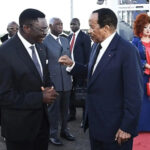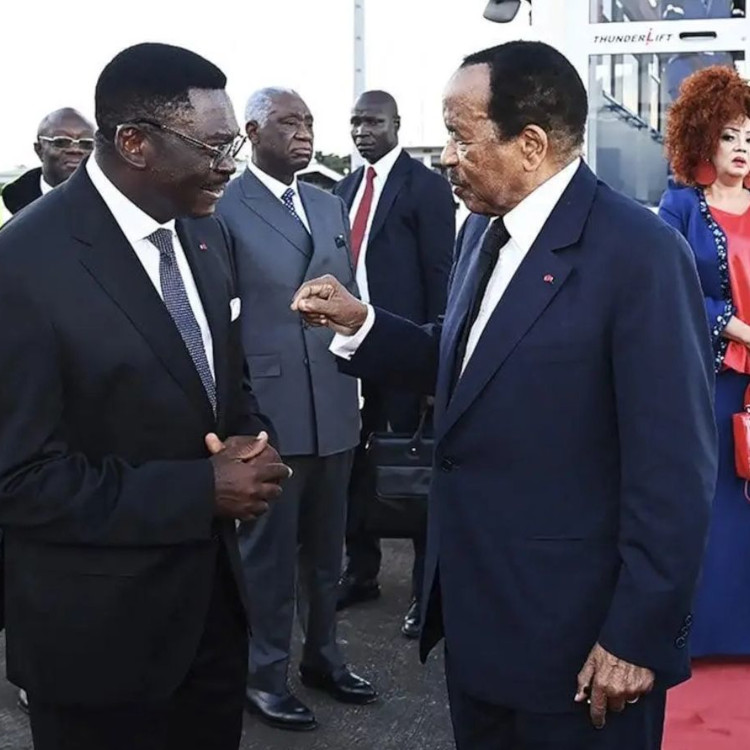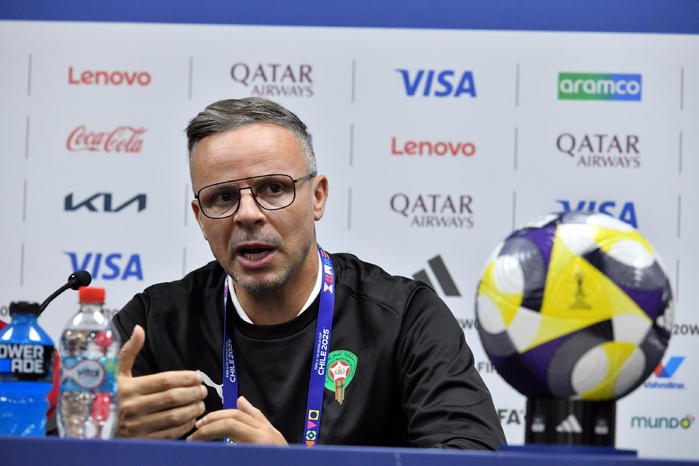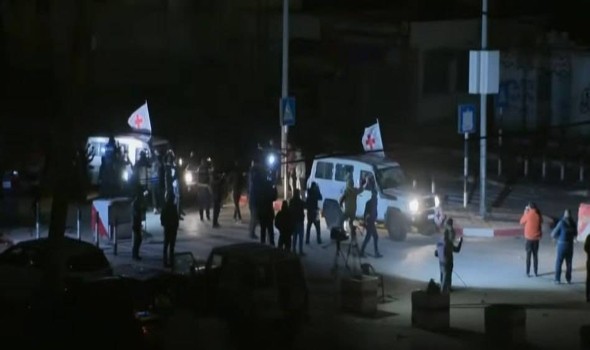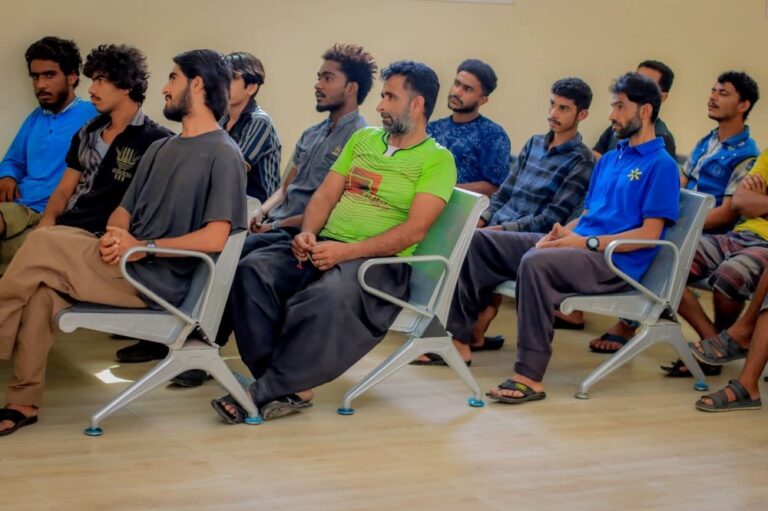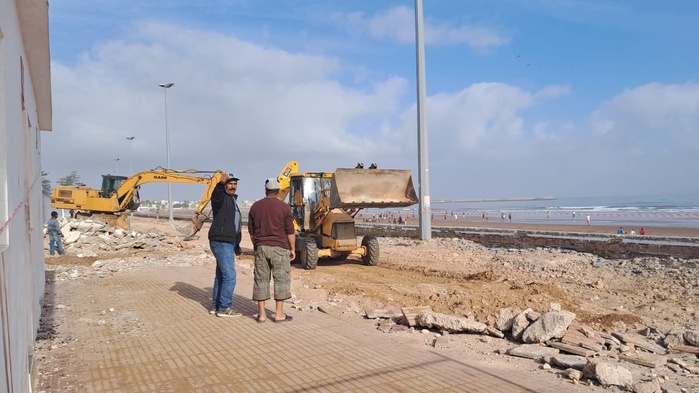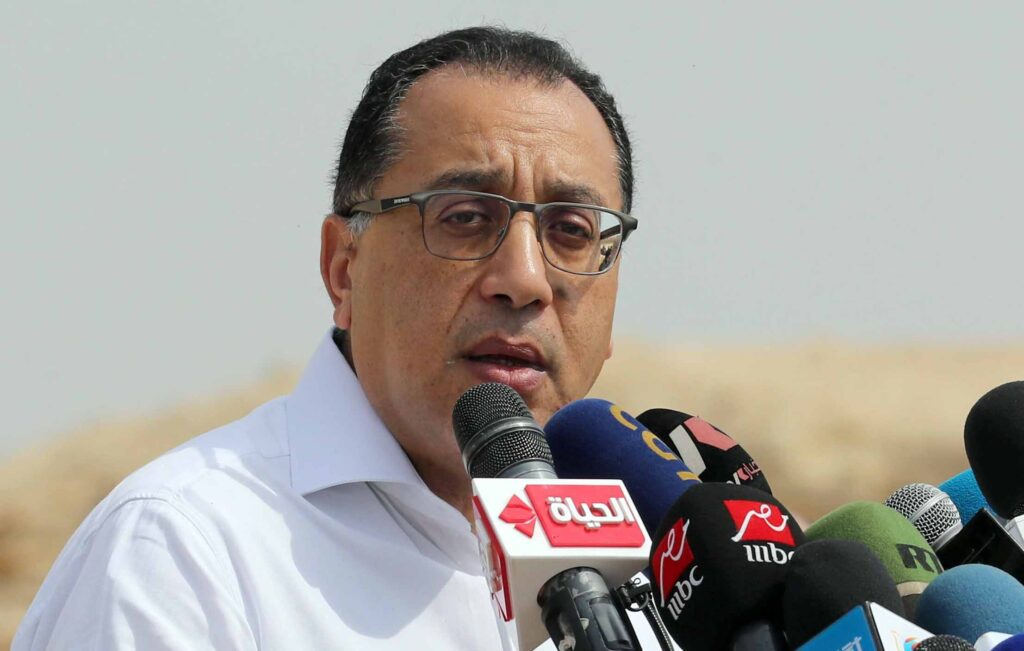
Egyptian Prime Minister Mostafa Madbouly has described the Nile River as “a matter of existence, not subject to compromise,” underscoring the country’s acute dependence on the transboundary waterway as diplomatic tensions with Ethiopia continue to simmer.
Speaking at the closing session of the 8th Cairo Water Week on Thursday, Mr Madbouly said the conference had focused on “key issues at the heart of international water security,” particularly the challenges of managing shared water resources in a way that safeguards both national security and sustainable development.
“Egypt is a clear example of these challenges,” he said, “facing a complex water system with limited resources, relying more than 98% on a transboundary river alongside continuous population growth and a decline in per capita water share below the global scarcity threshold,” according to a statement issued by the Egyptian Cabinet.
Mr Madbouly pointed to what he described as a major imbalance in regional water distribution. Despite the Nile Basin receiving more than 1,660 billion cubic metres of rainfall annually, he said only around 84 billion cubic metres — approximately five percent — reach Egypt and Sudan.
Tensions over Nile management
The Egyptian leader also voiced sharp criticism of what he called “a unilateral narrative” surrounding the Nile, in what appeared to be a pointed reference to Ethiopia. He accused “one party” of promoting misconceptions about the ownership and sources of the river as a means of justifying individual actions over what is, by definition, a shared resource.
“Despite this abundance, one party continues to repeat a unilateral narrative and promote misconceptions about the ownership and sources of the Nile to justify individual policies in managing a shared resource in violation of international law and the principles of transparency and coordination,” Mr Madbouly said.
He firmly rejected the idea that any country “contributes” to the Nile’s waters, calling such claims inconsistent with both science and international legal norms. “The river is not granted by anyone — it is an integrated ecological and hydrological system shared by all basin countries with balanced rights and obligations,” he added.
Earlier this week, Ethiopia’s Ministry of Water and Energy issued a strong rebuttal, accusing Egypt of escalating what it called “hostile rhetoric” over the Nile and the Grand Ethiopian Renaissance Dam (GERD) – the massive hydroelectric project Addis Ababa has built on the Blue Nile.
Addis Ababa warned that Cairo’s stance reflects a “colonial-era mindset” that risks undermining regional cooperation among Nile Basin countries.
The GERD has been at the centre of a protracted dispute between Ethiopia, Egypt, and Sudan for over a decade. While Ethiopia views the dam as essential to its development and energy security, Egypt fears it could severely restrict its share of Nile waters — a concern heightened by years of stalled negotiations and mutual recriminations.
Despite repeated attempts at mediation by the African Union and other international actors, a comprehensive, legally binding agreement on the dam’s operation and water allocation remains elusive.


